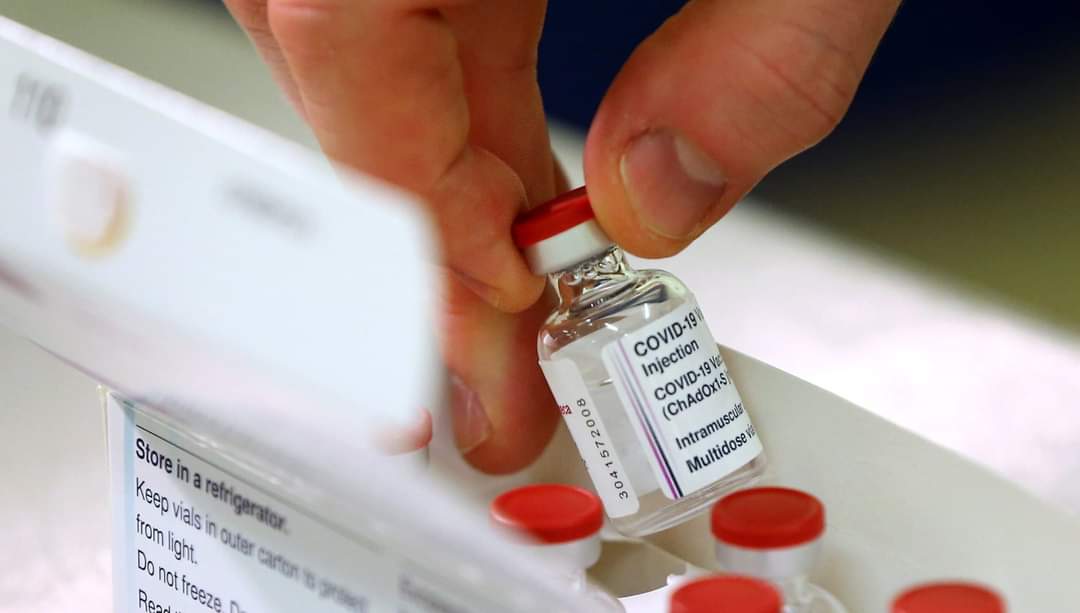
Osagie Ehanire, minister of health, says COVID-19 vaccines carry a certain amount of risk.
Nigeria is expected to receive its first batch of allocated doses by the end of February.
On February 11, the World Health Organisation (WHO) released a document detailing the use and risks associated with the AstraZeneca vaccine.
According to the WHO, “people with a history of severe allergic reaction to any component of the vaccine should not take it,” and it is also not recommended for persons younger than 18 years “pending the results of further studies”.
At a briefing by the presidential task force (PTF) on Monday, Ehanire said arrangements have been made for effective distribution, and as such, government won’t be responsible for the safety of vaccines given outside its framework.
“It is important to stress that all COVID-19 vaccines carry a certain amount of risk, and any vaccine not approved by the federal ministry of health through its agencies cannot be used in Nigeria,” he said.
“The government will not be responsible for the safety or efficacy of vaccines given outside the framework of the government. All the needs of Nigeria have been carefully calculated by NPHCDA, and it is possible to accommodate all interests in the framework.
“We have continued to work on the rollout of our COVID-19 vaccines, when they arrive. This morning, I inaugurated the vaccine coordination committee, an inter-ministerial, multi-sectoral committee to address diverse issues peculiar to COVID-19 vaccine acquisition by Nigeria. Their function is to advise on coordinating access to acquisition and distribution of vaccines when available, and on our immunisation strategy.
“The ministry of health also engaged the Africa Vaccine Acquisition Task Team (AVATT), who informed us of the free allocation of 1.4 million doses of AstraZeneca vaccine, of which 500,000 doses are expected by the end of this month, courtesy of MTN donation of seven million doses to Africa. The balance of 900,000 doses for Nigeria is expected by the end of March 2021. Other sources of vaccines are under negotiation.”
According to the minister, the National Agency for Food and Drug Administration and Control (NAFDAC) has received dossiers for vaccines manufactured in Russia, India, and China for evaluation and validation for use in Nigeria, with some of them nearly ready for results.
He said with regards to AVATT, on Monday, Nigeria completed its account opening, signed by two officials each from the ministry of health, ministry of finance, and office of budget and national planning at the Afrexim Bank, as a requirement for access to vaccines on that platform.
This, he said, will give Nigeria access to a much larger portfolio and variety of vaccines.
“Among the vaccines are the Johnson & Johnson single-dose vaccine, and as much of the Pfizer mRNA vaccines as we can manage. The COVID-19 vaccine coordinating committee and NPHCDA’s strategy for vaccine delivery will advise on the mix of vaccines that Nigeria will acquire,” he added.











